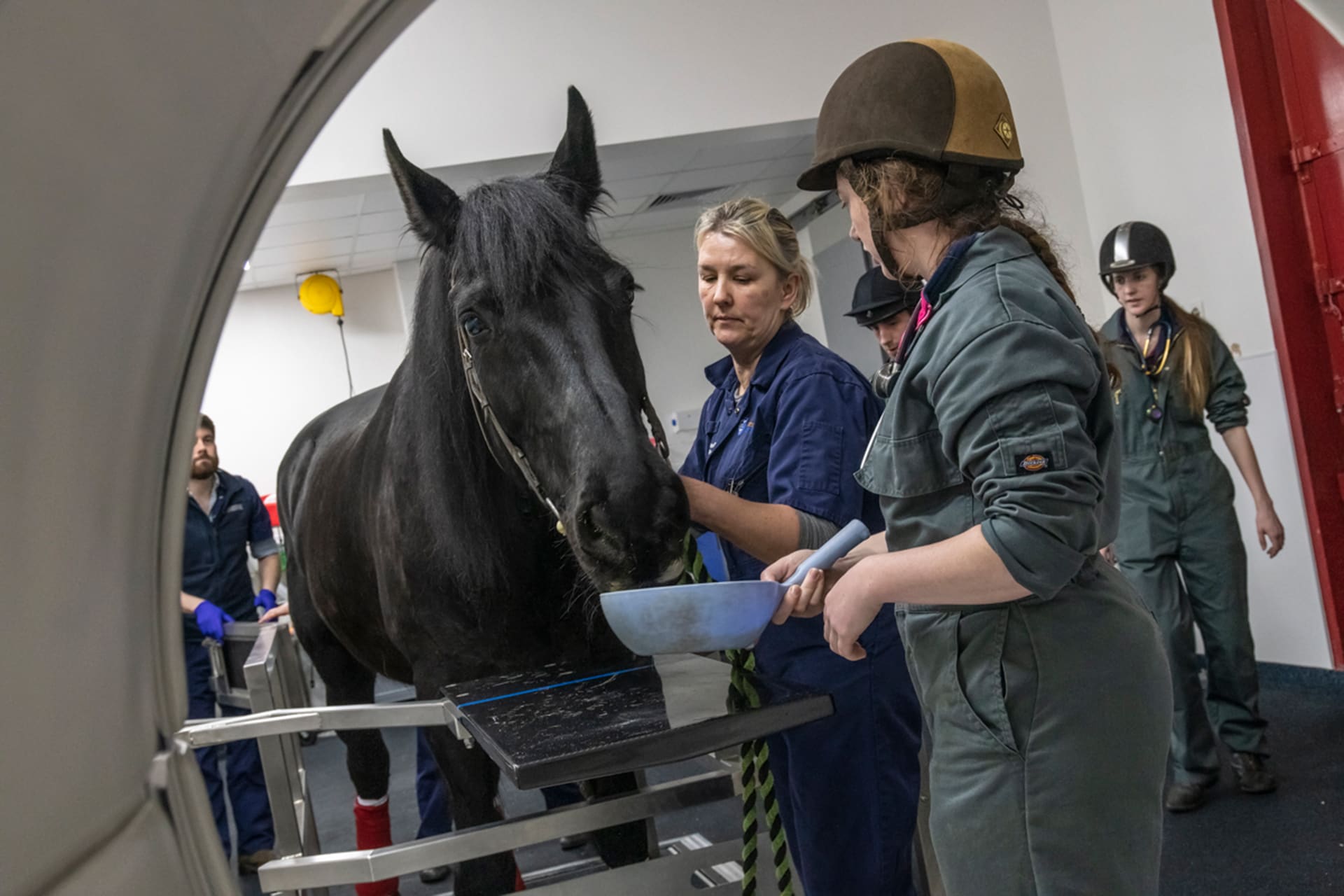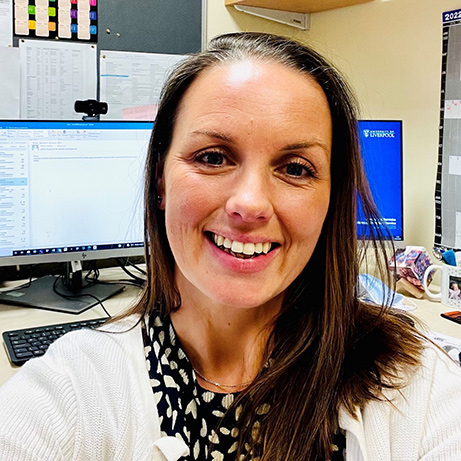
Department of Equine Clinical Science
We provide high-level clinical care to equine patients while teaching future and post-graduate veterinary surgeons and undertaking clinically relevant impactful research.
Our veterinary team is multidisciplinary providing internationally recognised expertise across a range of clinical areas and encompasses a spectrum of clinical care from first opinion to specialist level.
Equine hospital
Our state-of-the-art specialist-led equine hospital is one of the largest University equine hospitals in the UK and provides a key service to horse owners and veterinary surgeons in the North-West of the UK, North Wales and beyond.
Equine veterinary practice
Our University equine veterinary practice provides an important primary care teaching facility and clinical service for horses, ponies and donkeys.
Research
Our research addresses key clinical questions and aims to improve the health and welfare of equines regionally, nationally and globally. We undertake multidisciplinary research, working collaboratively with other research groups within the University, and have established research links and projects with other UK and international academic institutions and private equine hospitals.
We have a strong ethos of undertaking evidence-based veterinary medicine research and integrating the results of this and other primary research into our clinical practice and teaching. Research outputs and impact case studies from the department contributed to the excellent results for the University of Liverpool in the most recent UK universities Research Excellence Framework (REF 2021) exercise.


